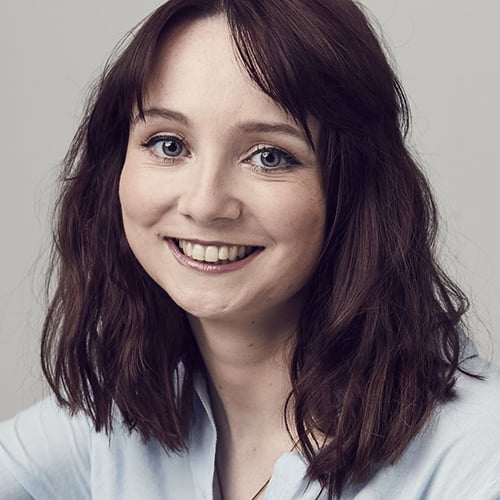Social Media and Anxiety: A Feedback Loop?

I have a volatile relationship with social media. You could even call it fiery. Some days I just adore it, while on others I could launch the whole concept into space with rage. Each platform inspires conflicting emotions: Excitement and boredom, acceptance and insecurity, happiness and fury.
On average I check Twitter and Instagram about 20 times a day, thrilled by new comments and likes. But the loss of a follower can leave me feeling wounded. What did I do wrong Fuzzypig89? Why wasn’t I good enough for you? Cue sad violin music and sounds of pouring rain.
Does social media exacerbate anxiety?
If you live with anxiety, or any mental illness, social media can be a doubled-edged sword. These applications can be tricky to navigate and sometimes be quite triggering. I spoke to Natalie, a student from Salford and self-confessed Instagram addict about this.
‘I was studying alone one night, and I saw a photo of two friends in a local pub without me online. My heart sank and my mind went into overdrive. I couldn’t control the anxious thoughts. Why hadn’t they invited me? Had I done something wrong? I barely slept and was exhausted the next day.
Weeks later I found out that the photo had actually been taken earlier in the year, when I was on holiday. I felt so stupid for getting worked up.’
Natalie’s story highlights what happens if you take social anxiety, for example, and mix it with a bit of FOMO (fear of missing out). The lack of context behind the photos posted online caused confusion and anxiety. Anxious brains can be naturally prone to overthinking and sometimes it feels as if social media feeds this habit, discouraging healthy and rational thoughts.
The addictive nature of social media
Another obvious concern is the addictive nature of the online world. Before they know it, users can become reliant on social media for comfort and support. In his famous talk The Dangers of Social Media Addiction, Simon Sinek warns that when a person uses social media, the chemical dopamine is released in the brain (the same ‘pleasure’ chemical triggered when we drink alcohol, smoke or gamble.) However, unlike the substances mentioned above, there are no age restrictions and health warnings for social media as there are for those other vices.
Since the technology is still relatively new, we don’t know how far reaching the impact will be. But parents worry. I spoke to a mom who worries that her teenage son who is living with OCD uses his phone too much for counsel.
‘I want him to talk to his friends or family about his problems. He spends so much time alone in his room, curled up with his iPhone or a tablet.’
I know of many teenagers who start to rely on social media for emotional support. Teenagers and adults with anxiety need support networks. While social media might offer temporary relief to loneliness, it’s no match for face-to-face contact. In fact, according to the Child Mind Institute over-reliance on social media can actually lower self-esteem and can create barriers to proper, direct communication.
But what about the benefits?
Before we start freaking out and mass-burning our phones, l would like to take a moment to consider the other side of the coin. Is it all doom and gloom, or are there benefits to social media for people like me who are living with anxiety?
Personally, I believe there are great benefits to being social online. Social media played a huge role in my recovery after my 2013 breakdown and it continues to be a positive outlet. I’ve even made a career out of it! (Check out my award-winning mental health blog, ‘We’re All Mad Here’. The success is largely due to people sharing links from my blog on social media).
At a time when I felt alone, social media helped me to understand that I wasn’t the only one who felt this way. On Twitter, hashtags such as #mentalhealthawareness or #anxietyrelief connected me to an army of people who were living with similar conditions. I’d spent over a decade feeling ashamed of my social anxiety, but online people were talking about it without shame or secrecy. Could it be that I wasn’t a freak after all? Fast-forward to 2019 and I’ve met some incredible people (both online and in the flesh), thanks to social media.
Balance is key
It all comes down to that age-old lesson of moderation. If you have anxiety, then Twitter, Instagram, and Facebook can make you feel worse and make you overthink things even more. They’re addictive and shouldn’t be used as the main source of emotional support.
However, when the house is asleep and you’re alone in the dark, reaching for the bright light of your phone and connecting with similar people all over the world can be a great comfort. It helps to know you’re not alone.
Being mindful of the pitfalls, limiting daily usage and making sure you get out and about and interact with others in real life may all help to keep your experience positive.
If you think social media is exacerbating your anxiety, speak to your doctor or mental health professional about it.










